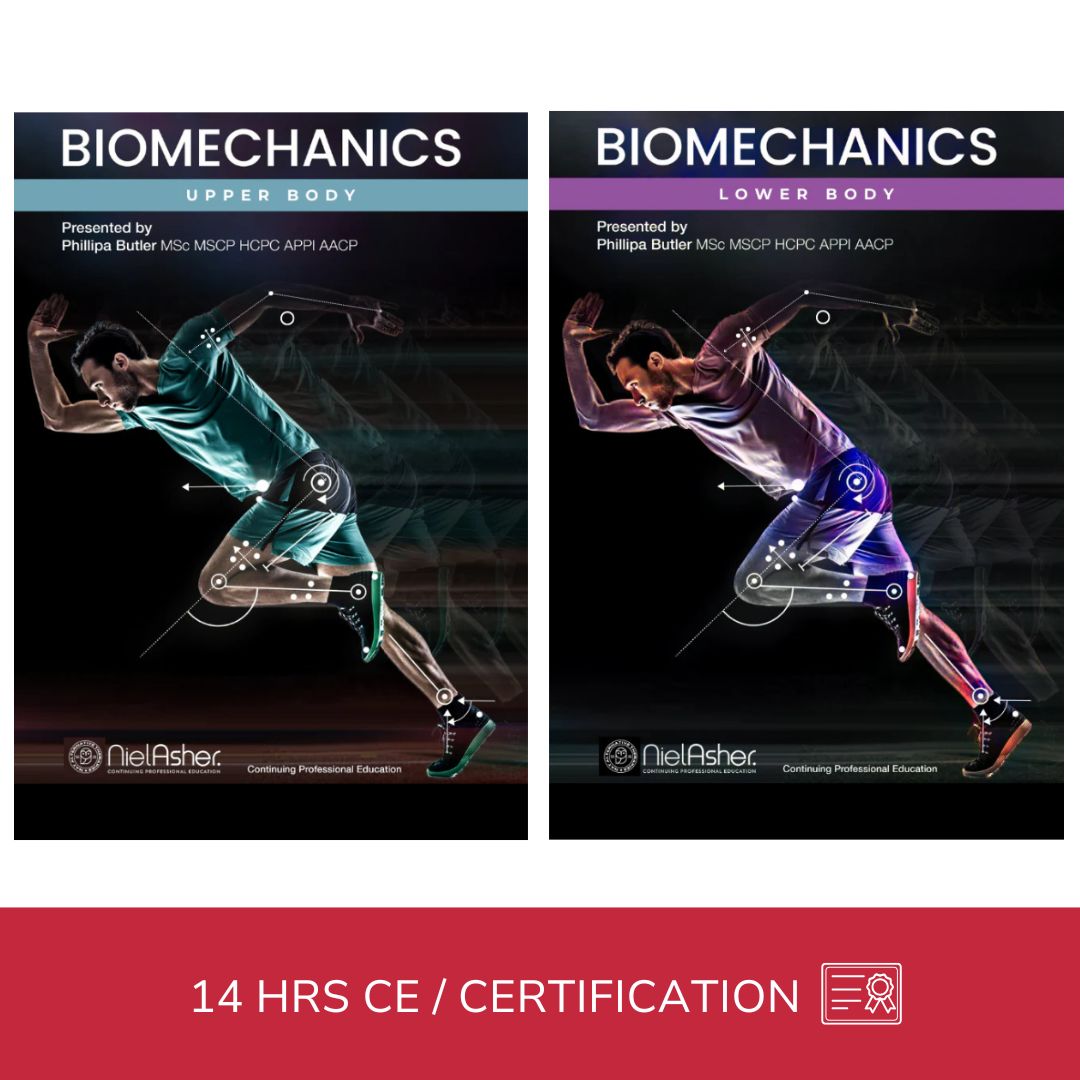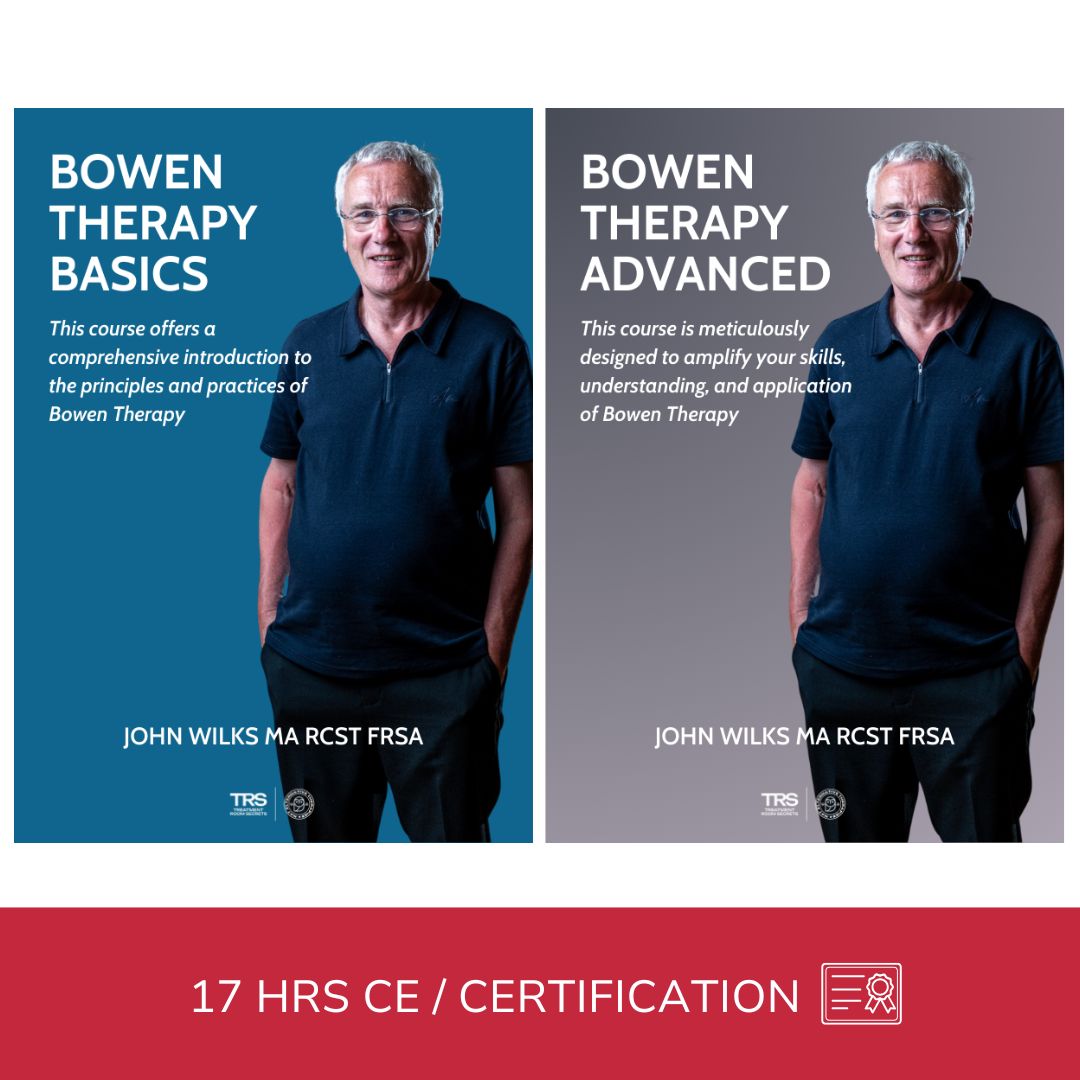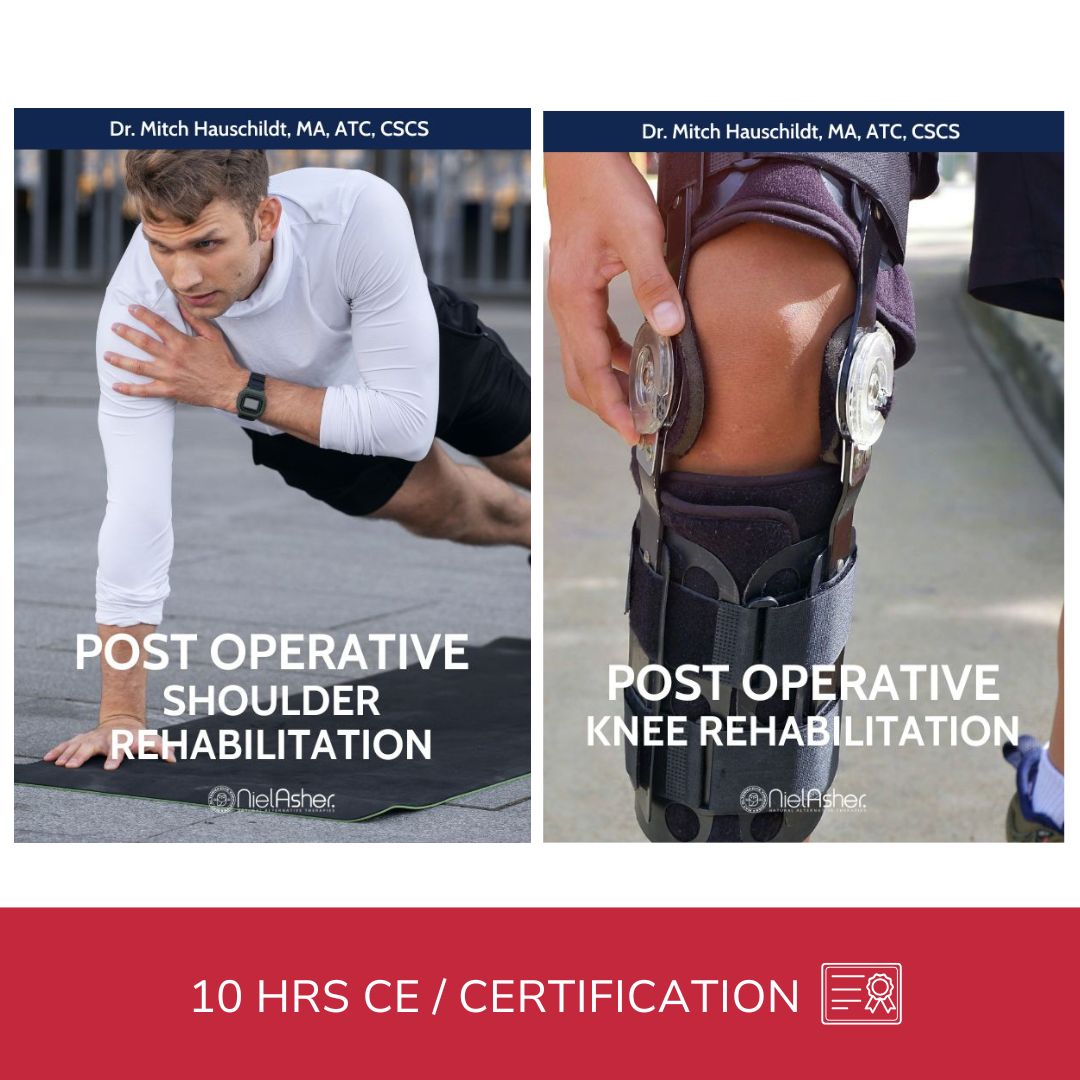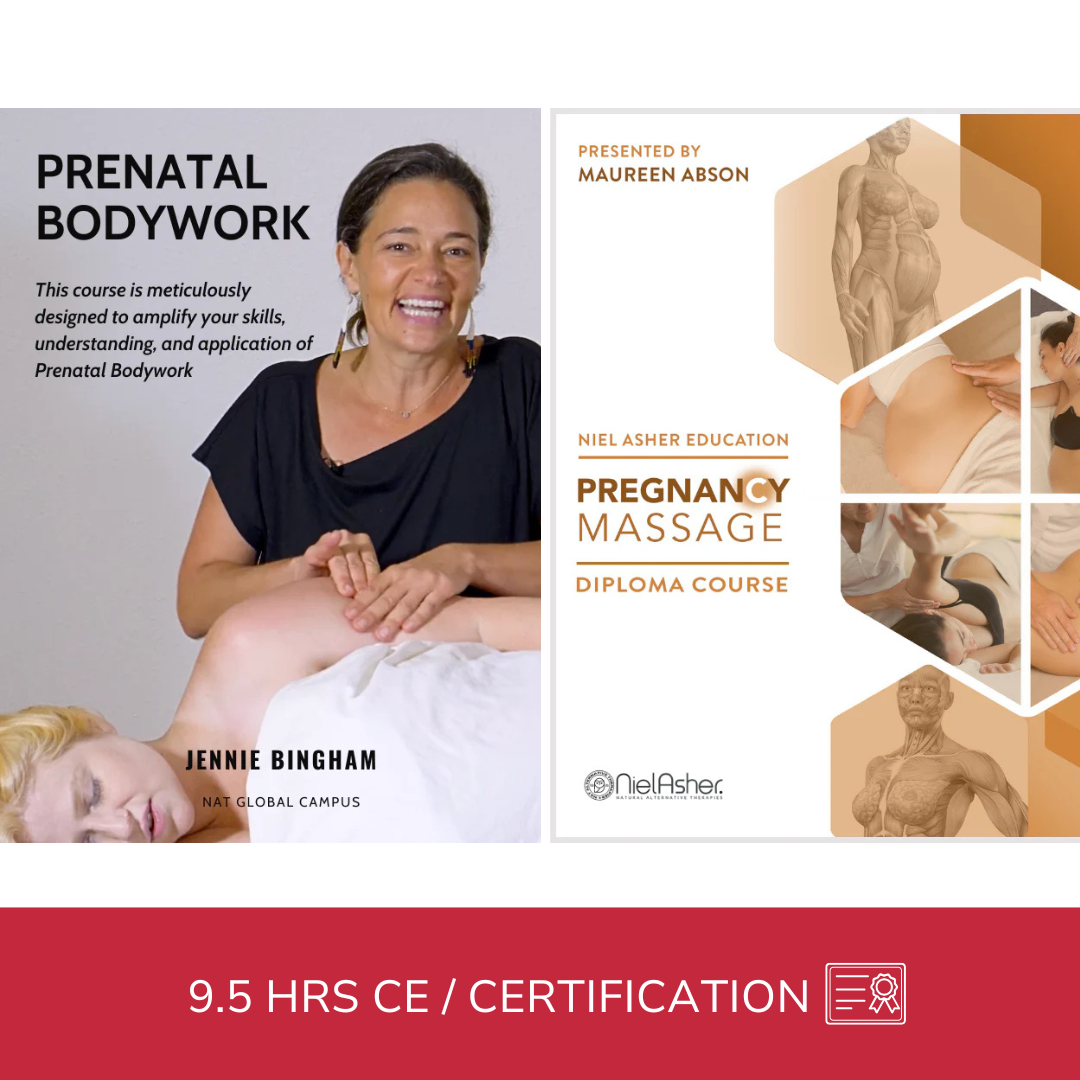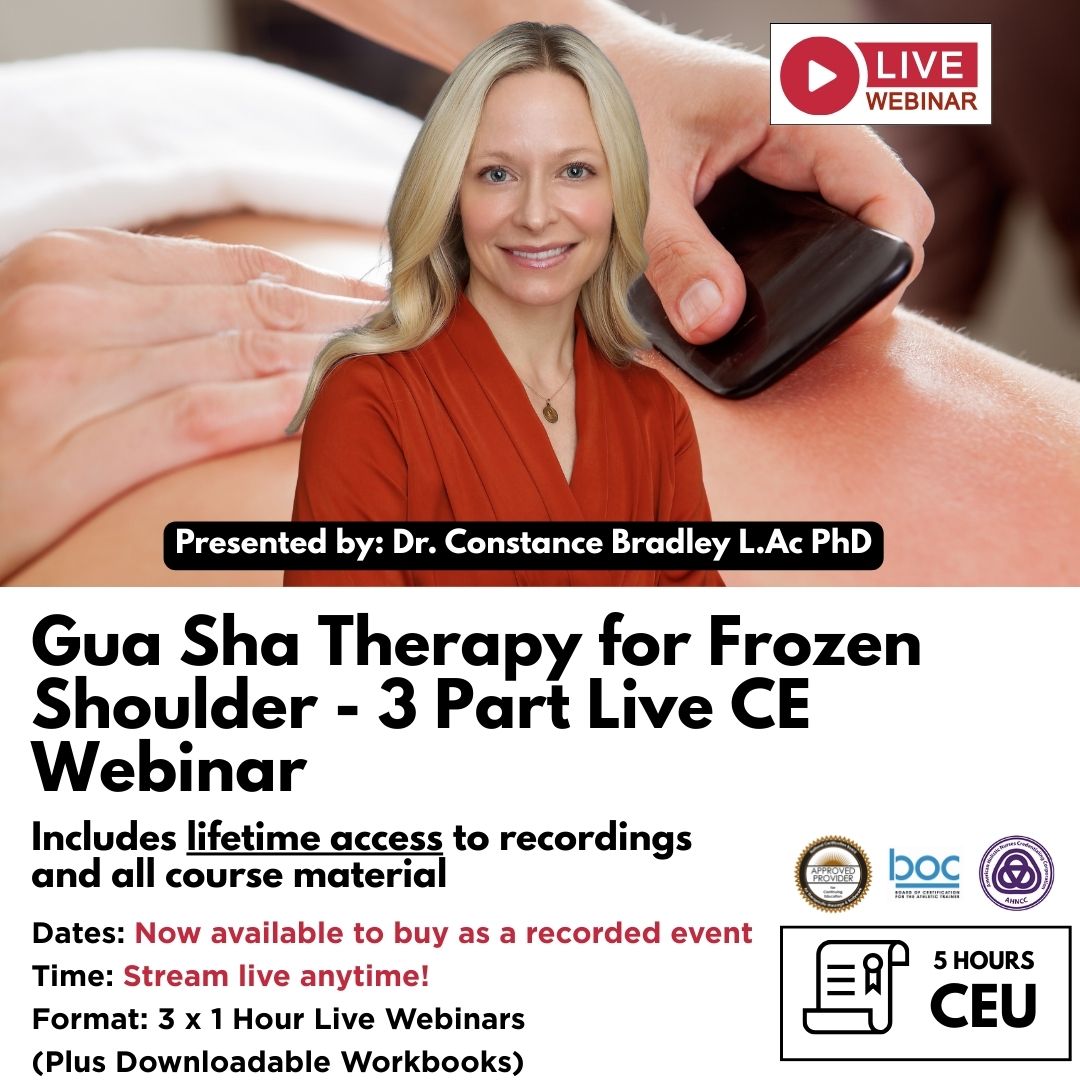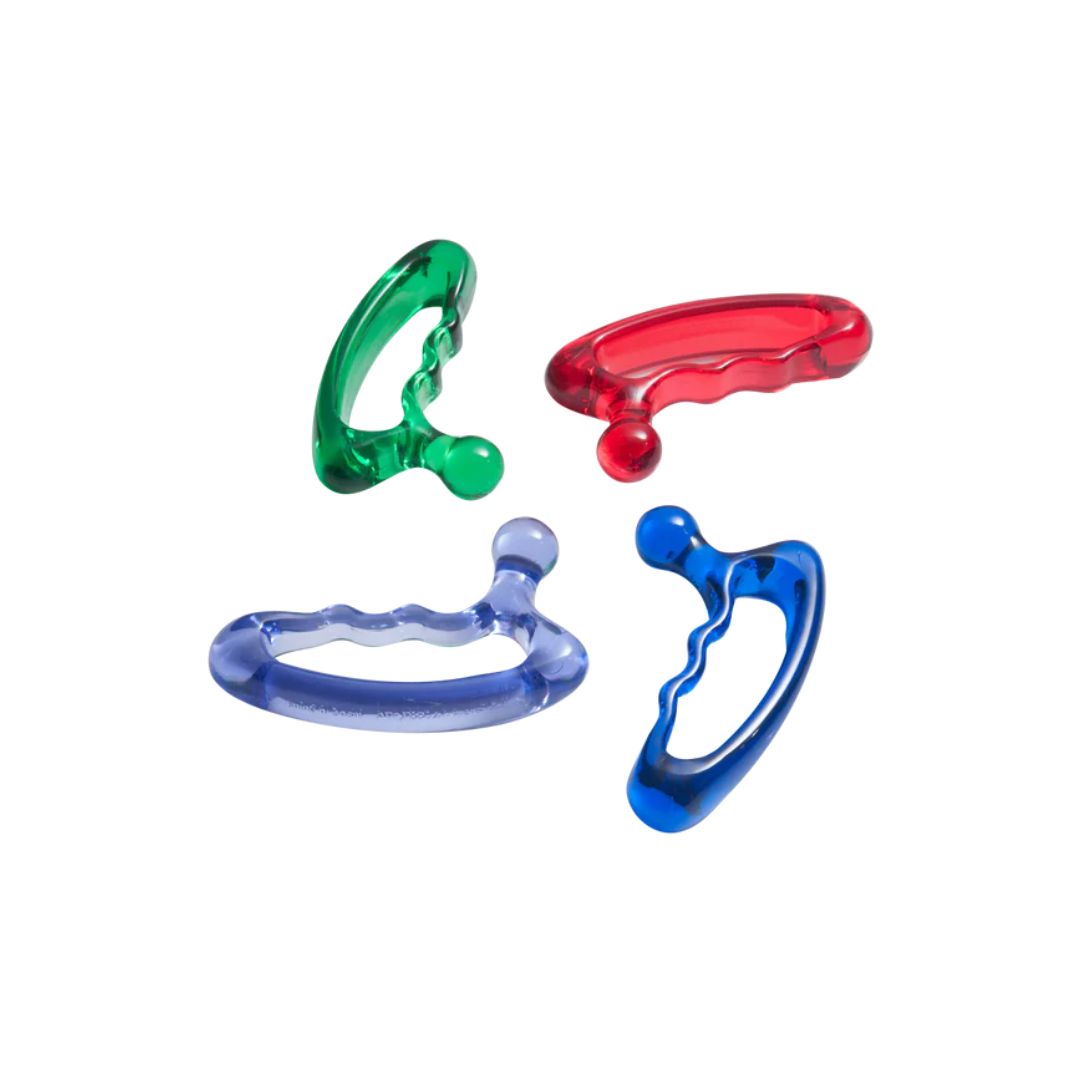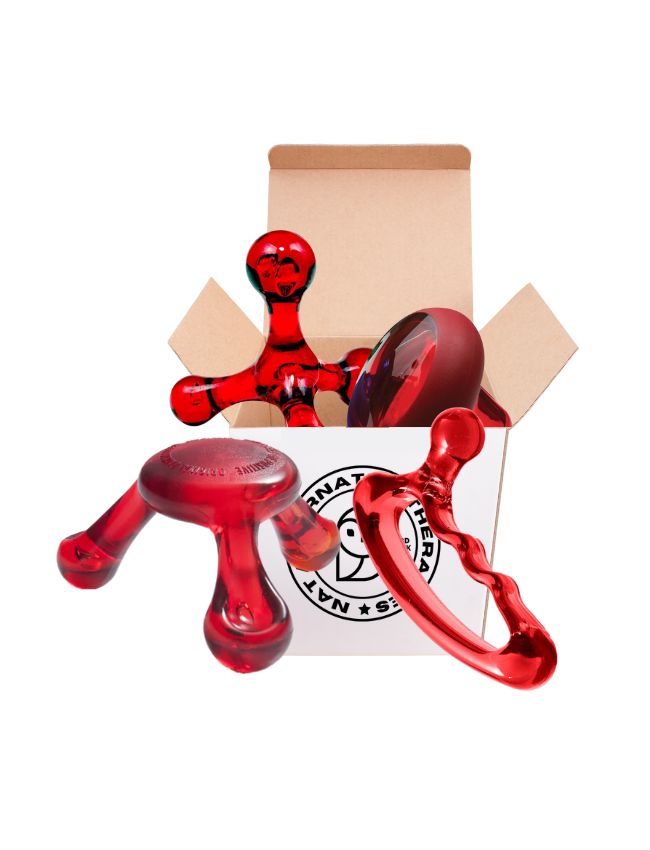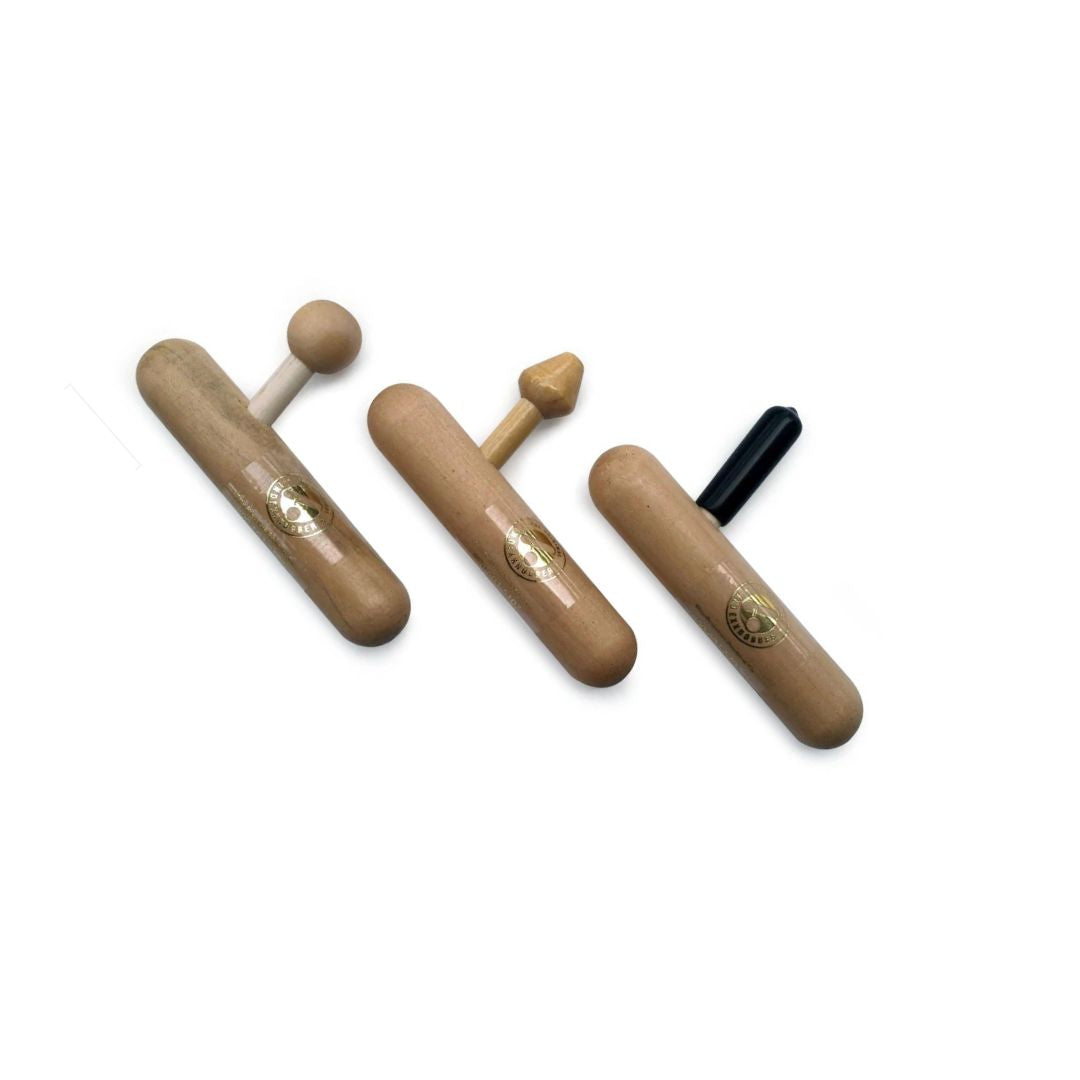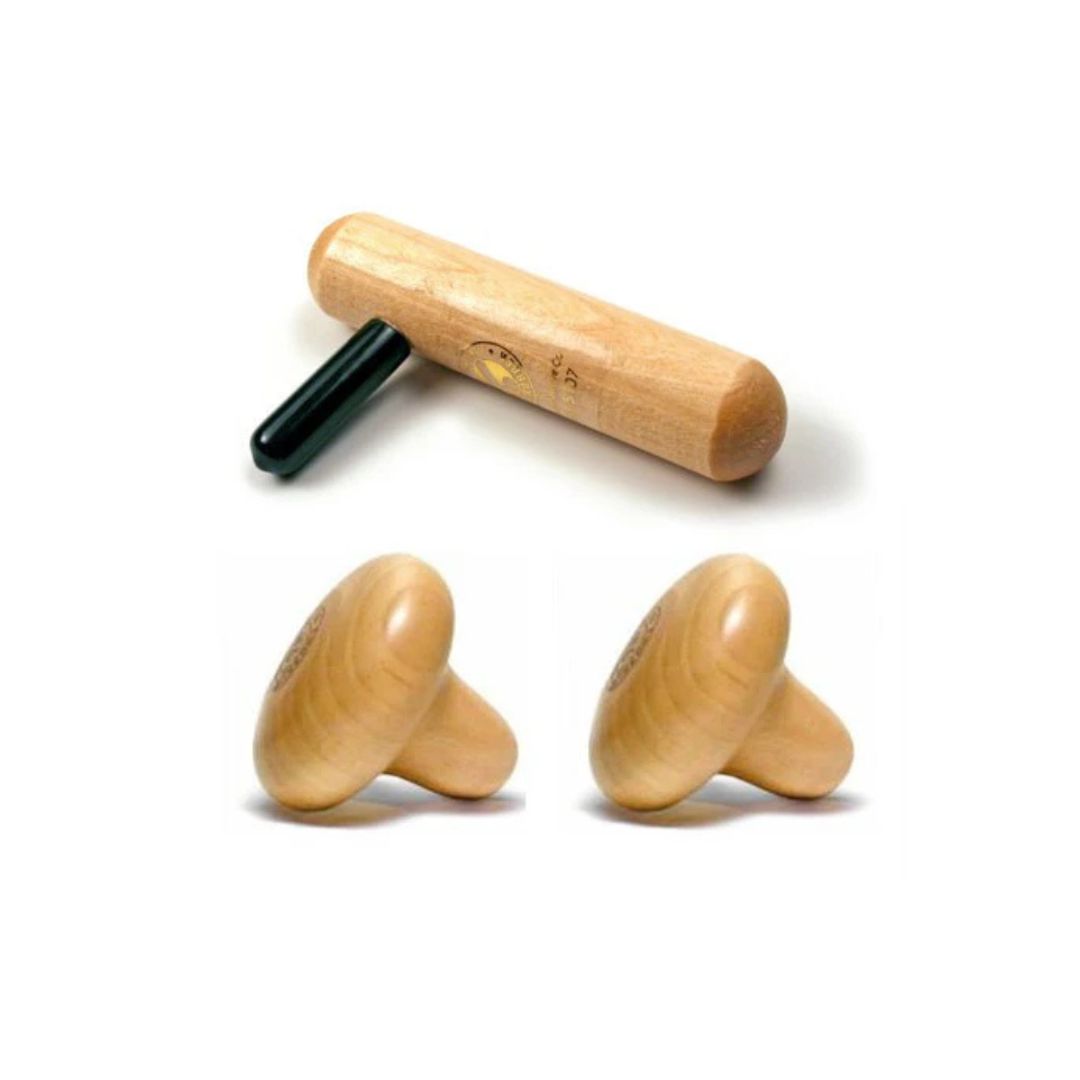Trigger Point Therapy - Quadriceps
Dry Needling can be very effective for treating trigger points in the Quadriceps
The regulations concerning dry needling - required qualifications and licensing - differ enormously depending between countries, states and districts. Dry Needling should never be performed by anyone who isn't suitably trained and authorised to do so.
Shortness of the quadriceps can ultimately influence head and neck positioning, cause knee pain, and affect foot and ankle movement
The quadriceps muscles have a significant impact on pelvic rotation (anterior), kneecap tracking, and knee positioning.
Shortness of the quadriceps can ultimately influence head and neck positioning, cause knee pain, and affect foot and ankle movement.
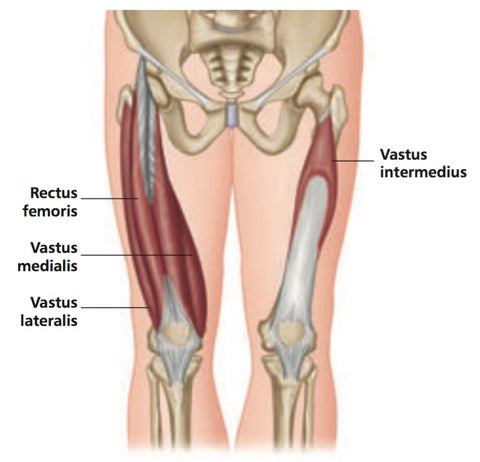
Trigger Points
Pain involves a deep toothache-like pain (vastus medialis) in the knee joint, or on the lateral or medial aspect of the thigh, including the knee.
Origin
Rectus femoris: Anterior inferior iliac spine (AIIS), and groove above the rim of the acetabulum.
Vastus medialis: Anterior intertrochanteric line, medial lip of the linea aspera, and proximal aspect of the medial supracondylar line.
It is interesting to note the attachment into the tendons of the adductor longus and magnus and into the medial intermuscular septum.
Vastus lateralis: Intertrochanteric line and greater trochanter, gluteal tuberosity and lateral lip of the linea aspera, and lateral intermuscular septum.
Vastus intermedius: Anterior lateral surface of the proximal two-thirds of the femur, distal half of the linea aspera, and lateral intermuscular septum.
Articularis genu: Two slips from the anterior femur below the vastus intermedius (pulls the capsule superiorly).
Insertion
All of the quadriceps muscles wrap up the patella (sesamoid bone), with each having a unique and specific line of pull or directional force acting on the patella. They share a common tendon (patellar tendon or ligament) and attach to the tibial tuberosity.
Action
Extend the knee joint. Rectus femoris additionally flexes the hip joint.
Nerve
Femoral nerve L2–L4.
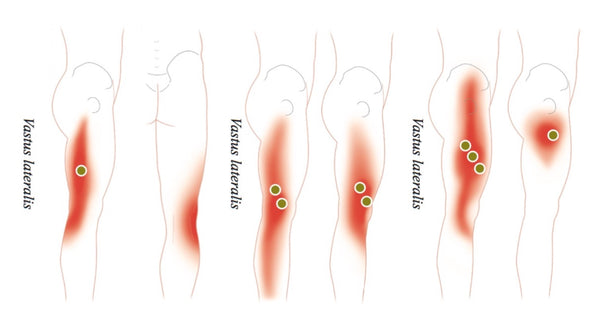
Vastus Lateralis - Common Trigger Point Sites and Referred Pain Patterns
Indications
Pain/weakness in thigh, “giving way” of knee, night pain, pain on knee extension, post hip fracture/ femoral fracture and splinting, decreased femoropatellar joint “glide,” pain on weight bearing, unexplained knee pain in young, pain/weakness descending stairs (rectus femoris), “toothache pain” near knee joint and “buckling” of knee (vastus medialis/intermedius), patellar tracking issues— chondromalacia patellae (vastus lateralis), jumper’s/runner’s knee, restless leg syndrome, meniscus pain.
Common Causes
Hamstring problems, sport/gym overloading or improper technique (especially skiing, soccer, and squats), poor foot/ankle biomechanics, child/prolonged pressure on the lap.
Differential Diagnosis
IT band syndrome, femoropatellar joint dysfunction, quadriceps expansion injury, tendonitis, lumbar radiculopathy, femoral nerve pathology, knee problems / dysfunction (multipennate).
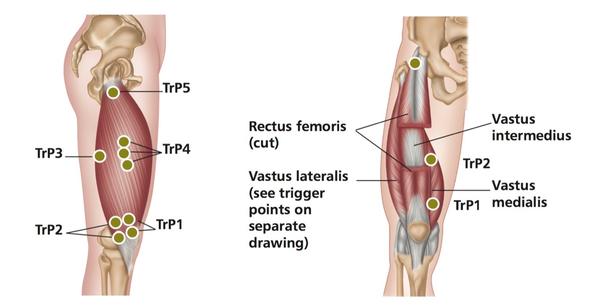
Quadriceps - Common Trigger Point Sites
Trigger Point Therapy Treatment Techniques
| Spray and Stretch | YES |
| Dry Needling | YES |
| Wet Needling | YES |
| Compression | YES |
| Muscle Energy | YES |
| Deep Stroking Massage | YES |
| Positional Release | YES |
Self Help and Advice for Patients
Balls, foam rollers, or pressure tools are excellent for quadriceps trigger point issues.
General Advice
Correct lifting techniques. Tubigrip. Avoid prolonged immobility. Home self-stretch. Gait and posture assessment. Avoid heavy “squats” in gym. Moist heat, cold or hot bath, and stretch. Resting periods for cycling. Avoid habitual sitting (i.e. on feet, tucked under). Sleep with pillow between knees.
Find a Trigger Point Professional in your area
Dry Needling for Trigger Points
Certify as a Trigger Point Therapist
Nationally Accredited Distance Learning:
This trigger point therapy blog is intended to be used for information purposes only and is not intended to be used for medical diagnosis or treatment or to substitute for a medical diagnosis and/or treatment rendered or prescribed by a physician or competent healthcare professional. This information is designed as educational material, but should not be taken as a recommendation for treatment of any particular person or patient. Always consult your physician if you think you need treatment or if you feel unwell.
About Niel Asher Education
Niel Asher Education (NAT Global Campus) is a globally recognised provider of high-quality professional learning for hands-on health and movement practitioners. Through an extensive catalogue of expert-led online courses, NAT delivers continuing education for massage therapists, supporting both newly qualified and highly experienced professionals with practical, clinically relevant training designed for real-world practice.
Beyond massage therapy, Niel Asher Education offers comprehensive continuing education for physical therapists, continuing education for athletic trainers, continuing education for chiropractors, and continuing education for rehabilitation professionals working across a wide range of clinical, sports, and wellness environments. Courses span manual therapy, movement, rehabilitation, pain management, integrative therapies, and practitioner self-care, with content presented by respected educators and clinicians from around the world.
Known for its high production values and practitioner-focused approach, Niel Asher Education emphasises clarity, practical application, and professional integrity. Its online learning model allows practitioners to study at their own pace while earning recognised certificates and maintaining ongoing professional development requirements, making continuing education accessible regardless of location or schedule.
Through partnerships with leading educational platforms and organisations worldwide, Niel Asher Education continues to expand access to trusted, high-quality continuing education for massage therapists, continuing education for physical therapists, continuing education for athletic trainers, continuing education for chiropractors, and continuing education for rehabilitation professionals, supporting lifelong learning and professional excellence across the global therapy community.
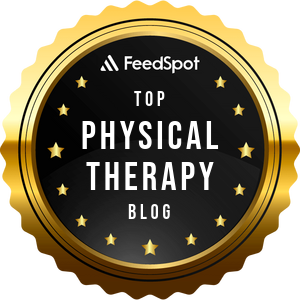
Continuing Professional Education
Looking for Massage Therapy CEUs, PT and ATC continuing education, chiropractic CE, or advanced manual therapy training? Explore our evidence-based online courses designed for hands-on professionals.


